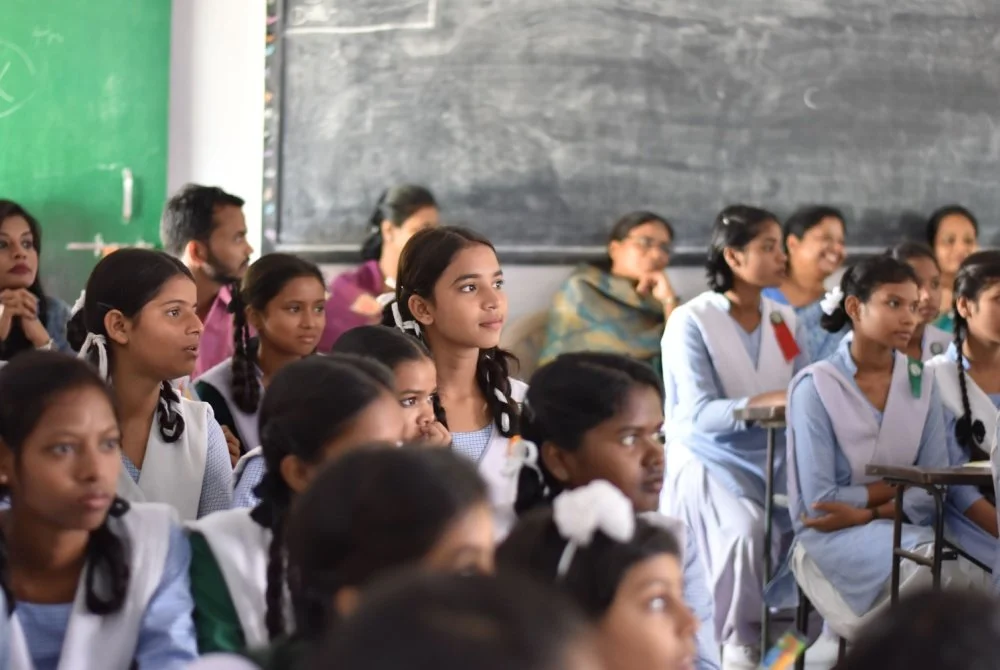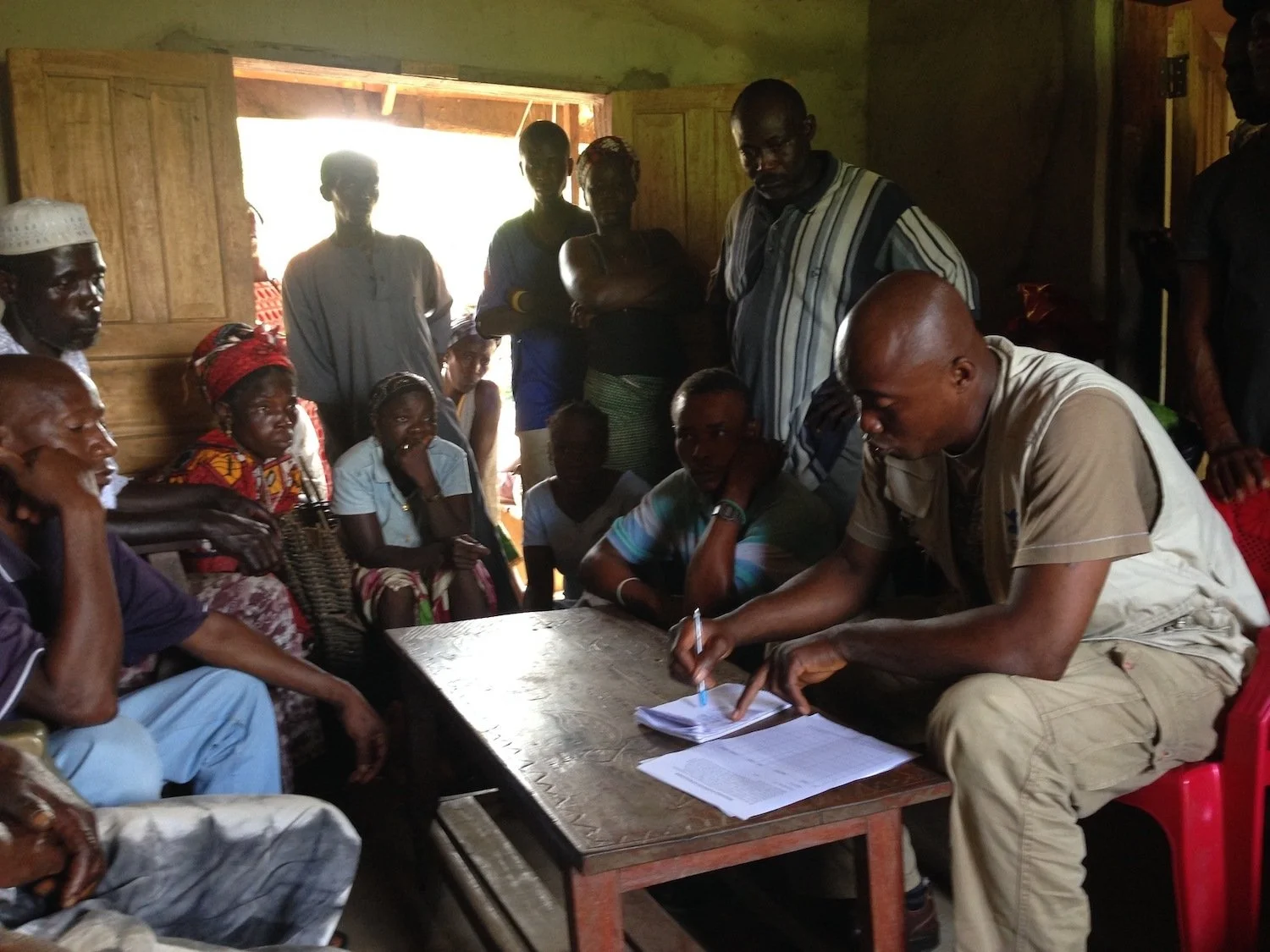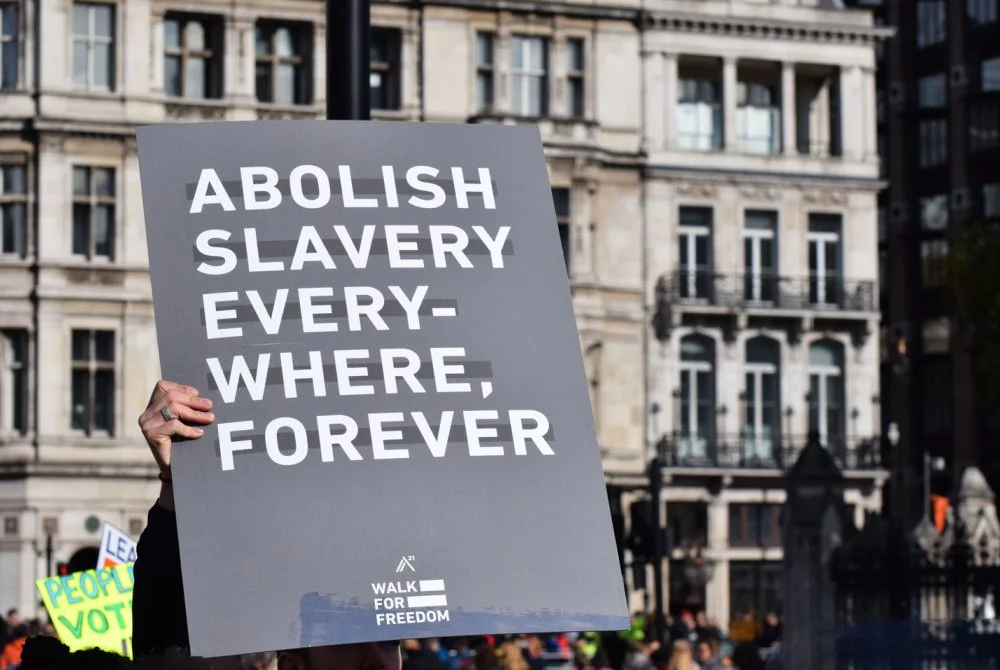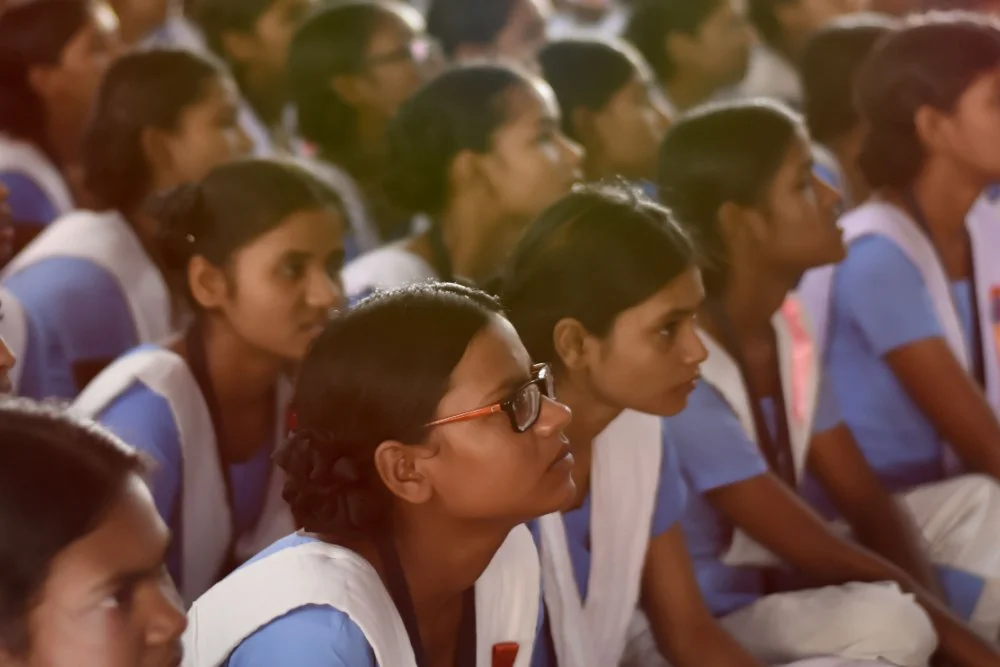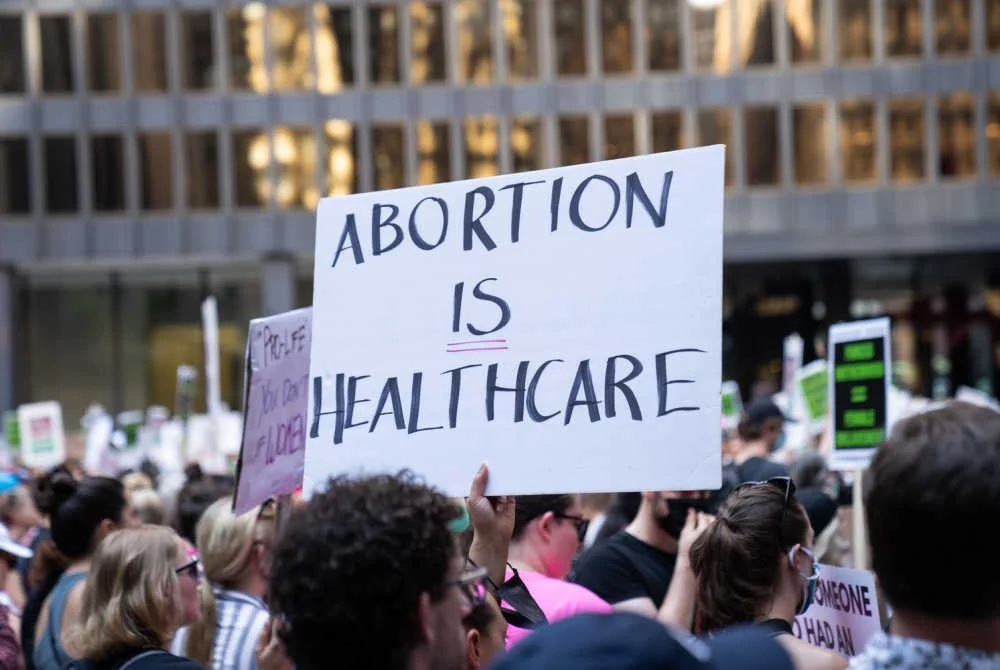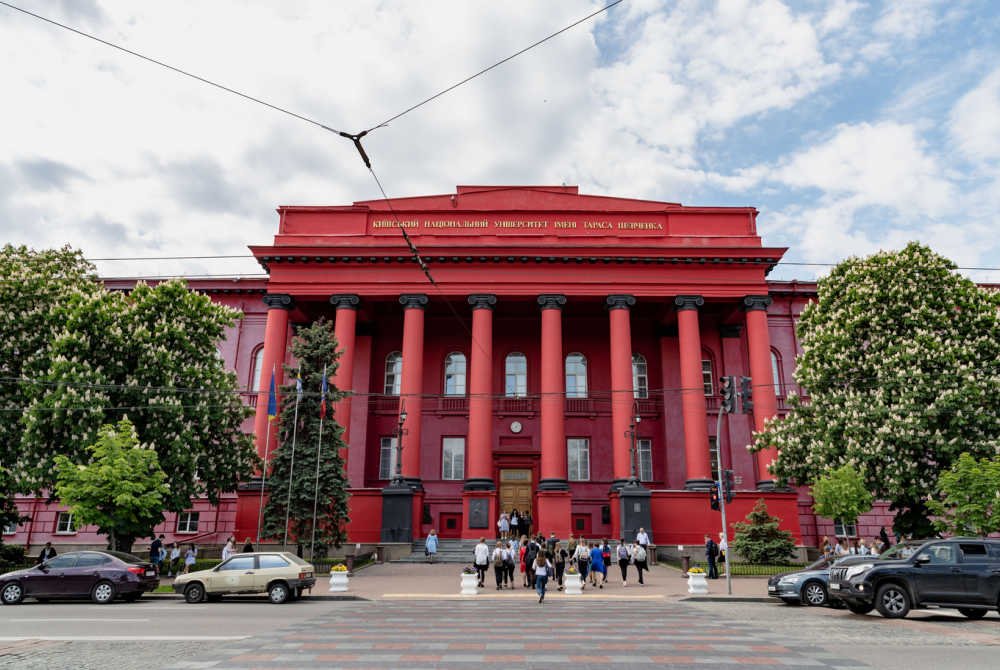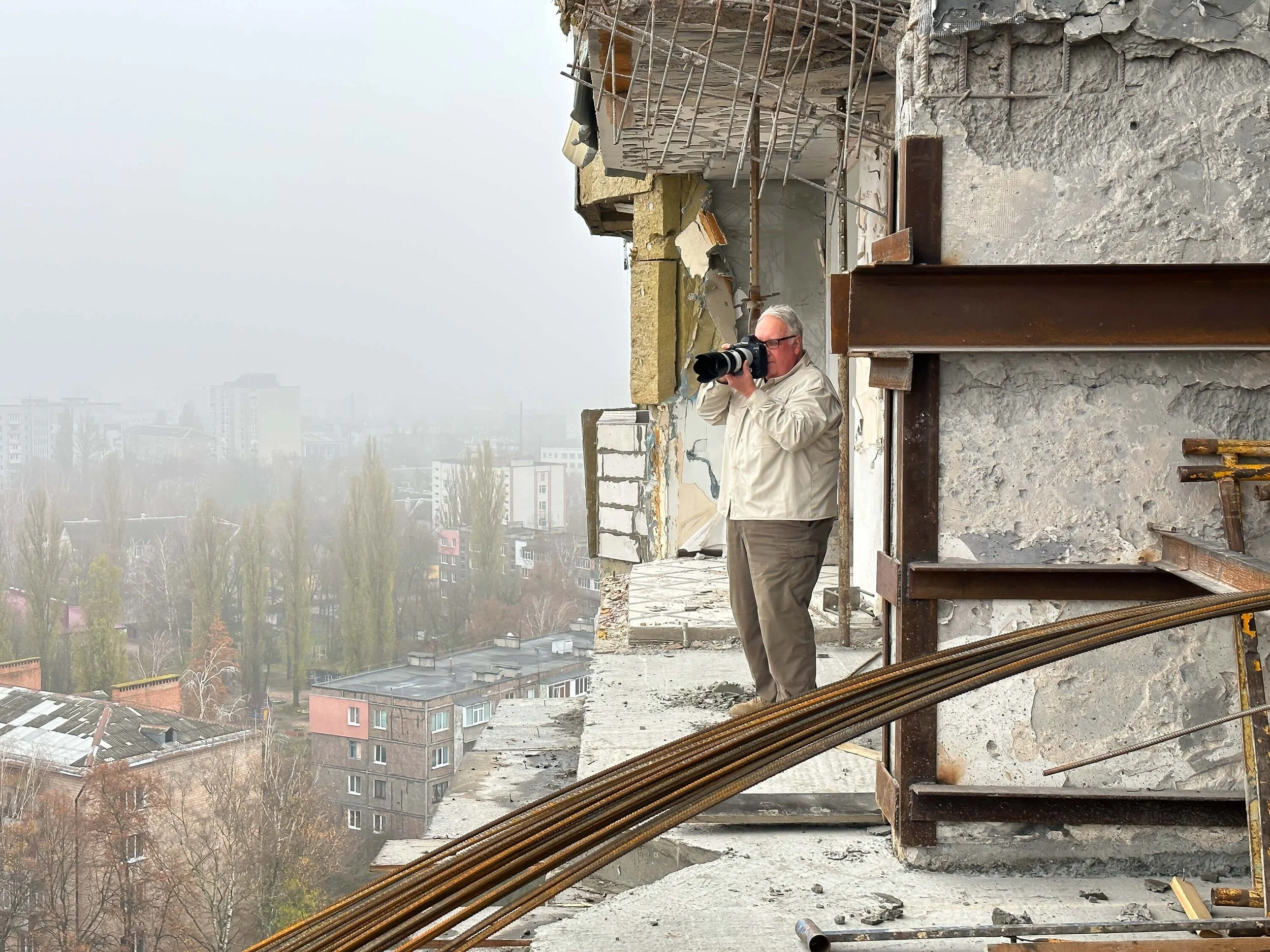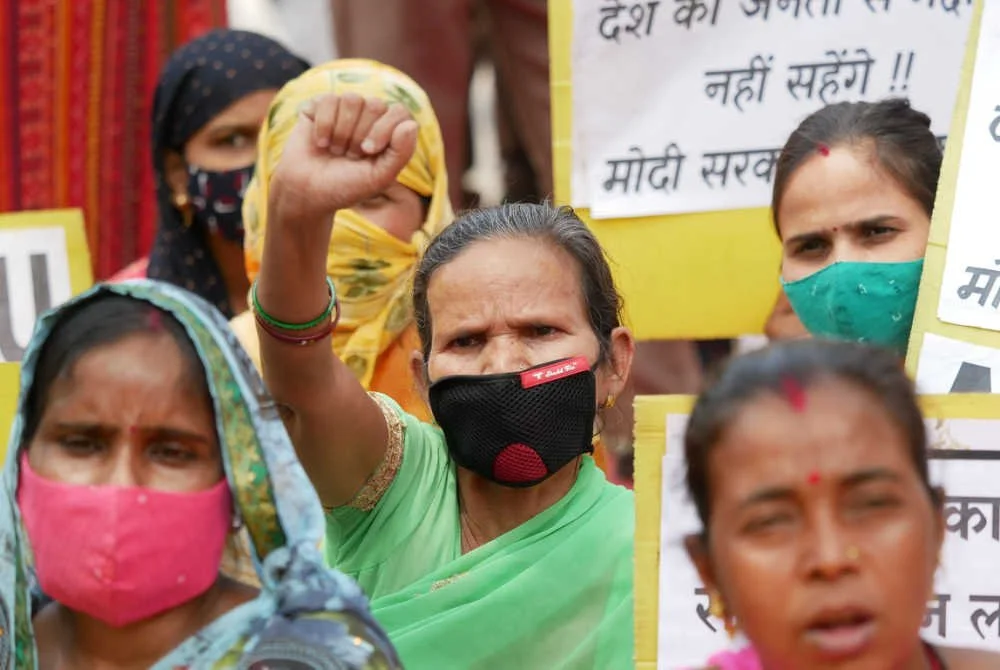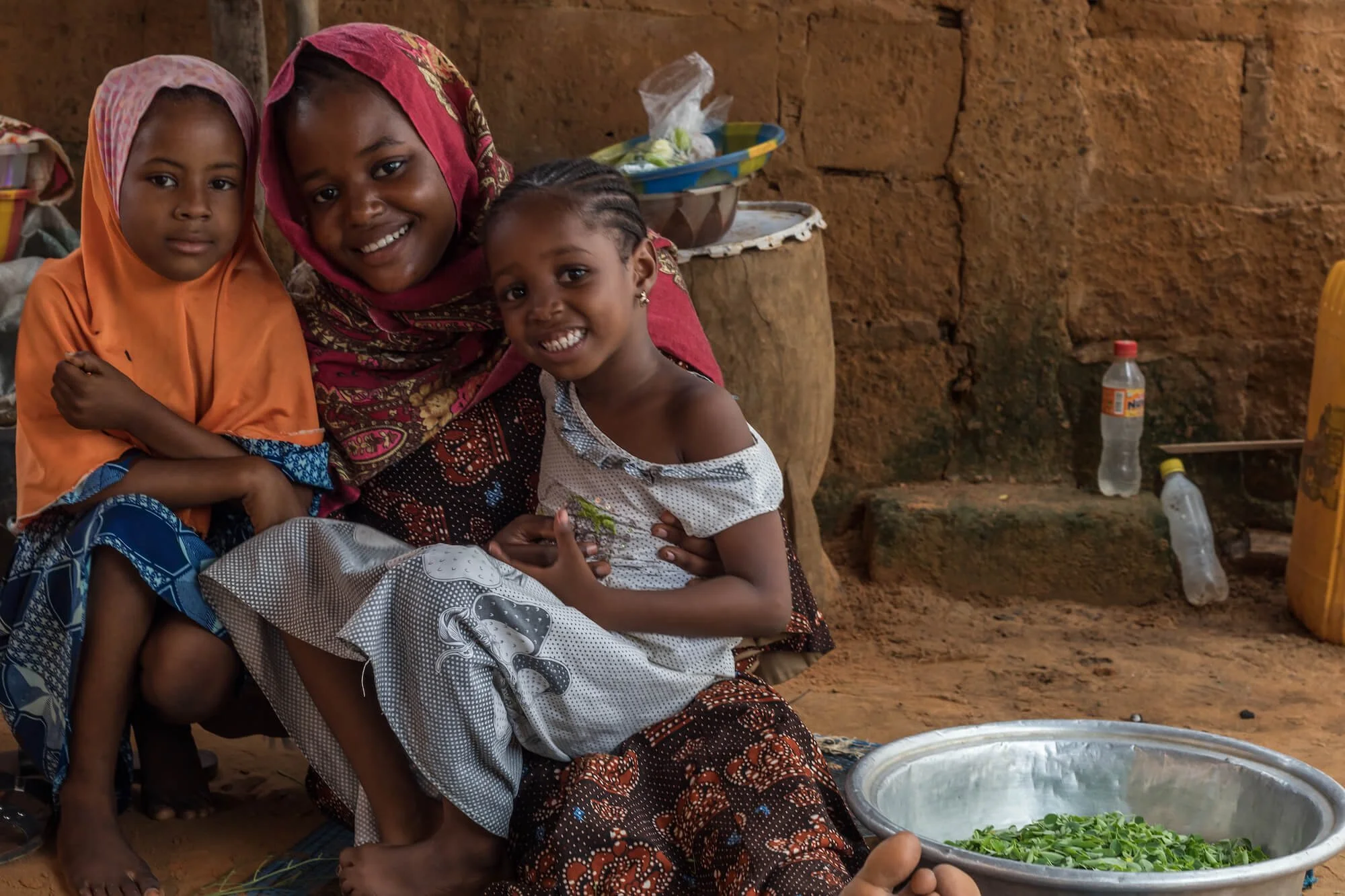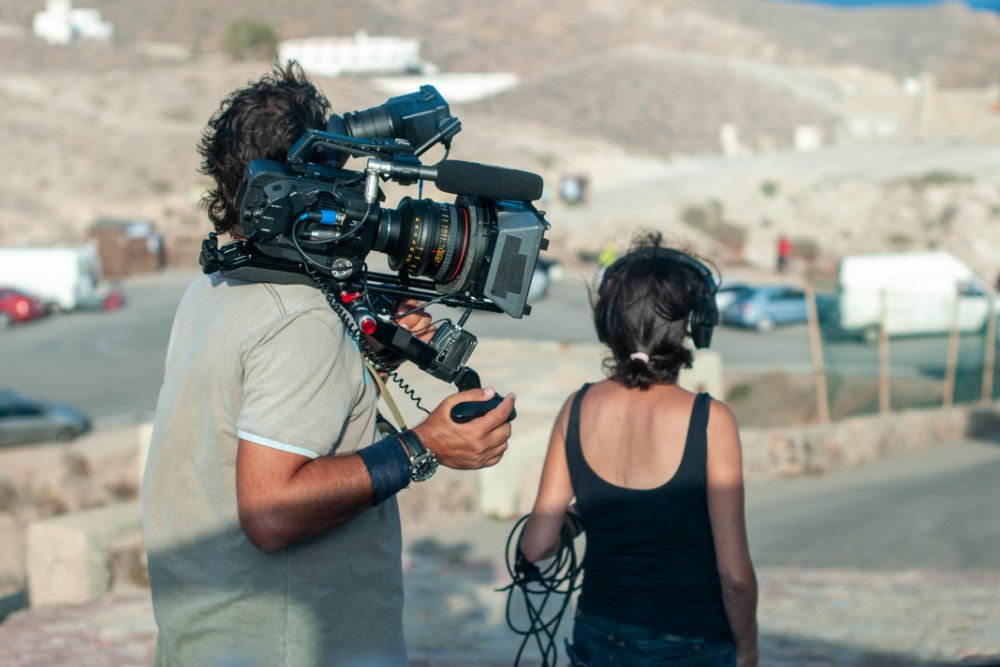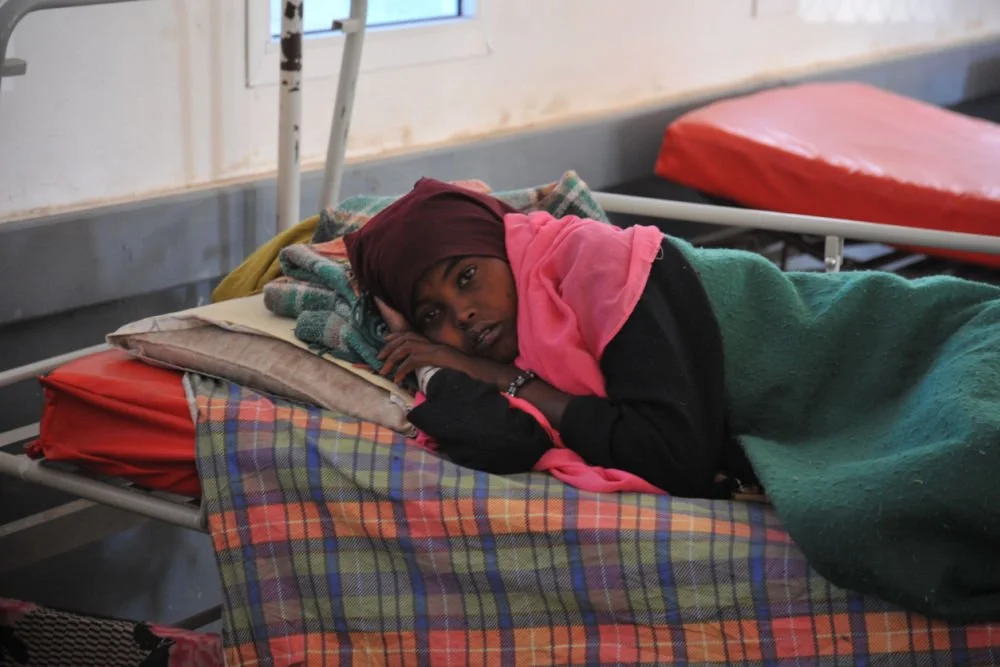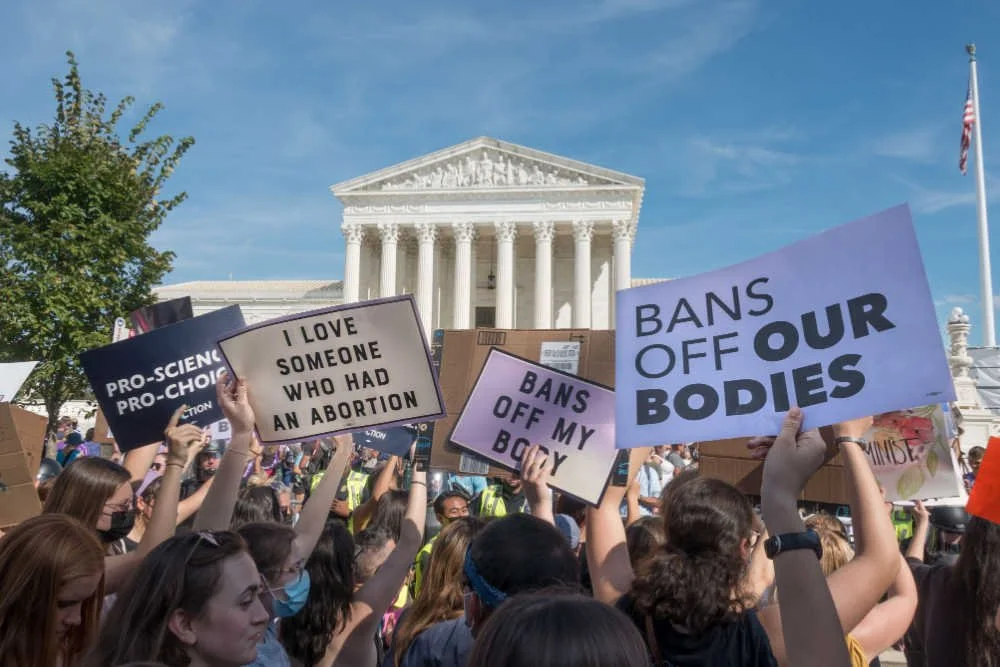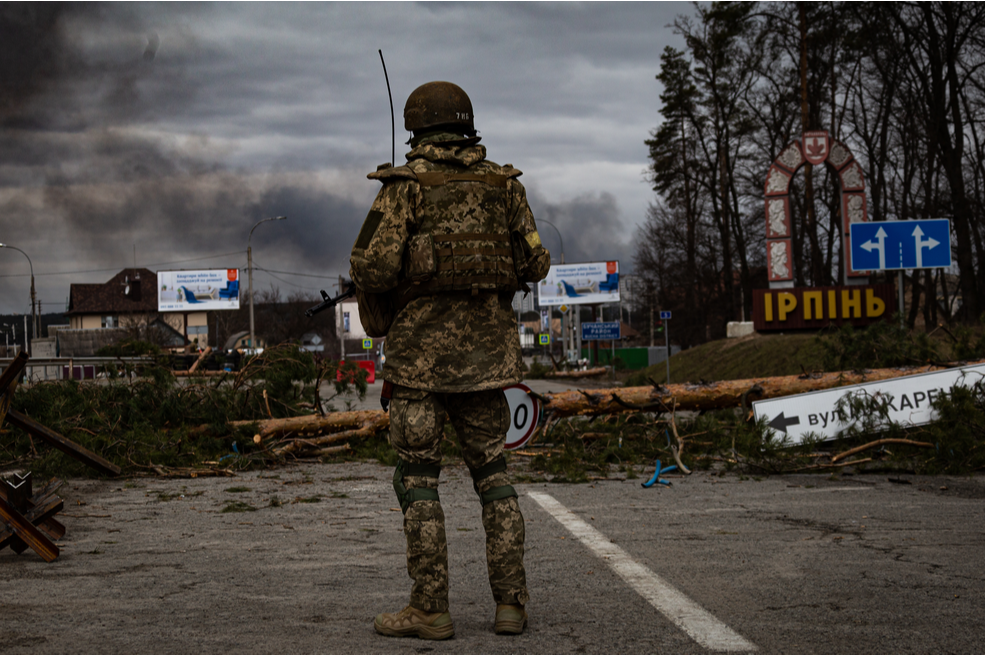A Human Rights Group Looks to Step Up Its Funding at a Critical Moment
/Ambulance tent at refugee camp in slovenia
These are grim times for human rights, with multiple wars raging on several continents, authoritarianism on the rise, and tens of millions of refugees displaced globally. Doctors and other healthcare workers are among those on the front lines of these problems. But while we're all familiar with Doctors Without Borders/Médecins Sans Frontières, which raised a stunning $357 million last year, there's another important doctors' group which is involved in global conflicts and the fight against tyranny, Physicians for Human Rights (PHR).
The budget of this outfit doesn't compare to MSF, but it's looking to step up its fundraising and recently got a major boost in that regard.
First, though, some backstory.
In 1981, primary care physician Jonathan Fine was asked by a Harvard history professor if he knew of any Spanish-speaking doctors who would be willing to lead a mission to Chile to fight for the release of three prominent doctors who were “disappeared” under General Augusto Pinochet’s rule. Dr. Fine himself would lead that delegation and five weeks later, the three Chilean doctors were released.
Fine said that the doctor’s stories and those of other torture survivors outraged him so much that just a few short years after his Chilean experience, he left his medical practice to take on the work of fighting for human rights full time. In 1986, Dr. Fine along with colleagues Jean Meyer, Robert Lawrence, and Carola Eisenberg, founded PHR.
According to its website, “PHR exists to stop mass atrocities and acts that cause severe physical or mental harm to individuals,” and lists a number of abuses from forced displacement to extrajudicial execution. Lately, PHR has been speaking out against attacks on healthcare workers, which have been on the rise in Syria and other war zones. Earlier this month, PHR released a joint statement with Watchlist on Children and Armed Conflict that said that an "all-out assault on health care is continuing unabated in conflicts around the world. It noted that PHR had documented "454 attacks on medical facilities across Syria since 2011, as well as the deaths of 796 medical personnel." Most of these attacks have been carried out by the Syrian government and its Russian allies. Healthcare workers are under attack in Yemen, too, among other places.
PHR shared the 1997 Nobel Peace Prize for its contributions to the International Campaign to Ban Landmines and has led numerous human rights campaigns around the world, including the 13-year fight regarding the role of health professionals in the United States’ post-9/11 torture program. Still, as noted earlier, this group hasn't been able to raise really big money -- although over the years it's scored a number of good-sized grants—including from the Gates, MacArthur, and Ford foundations.
Last month, though, PHR got a big boost when it received an impressive $8 million gift from the Open Society Foundations (OSF).
OSF has been a longtime funder of PHRs work and its latest gift—which will be spread out over four years—will help “power a new era” for the human rights outfit, allowing it to make vital investments and “expand its network of health professionals and human rights advocates globally.”
This big gift is the kind of institution building money that so many nonprofits say they need to further their operations. It's also taking the form of a challenge grant, a kind of funding that can come with upsides and downsides.
Here’s how this one is going to work. PHR has launched a $16 million fundraising campaign designed to help the group increase the number of healthcare workers and professionals fighting to protect human rights in the United States, East and Central Africa, the Middle East, and other regions around the world. For the next four years, OSF will match one dollar for every two dollars in new funding raised by PHR.
Backed by the hedge fund billionaire George Soros, OSF works around the world to defend the rights of marginalized, vulnerable and disadvantaged populations including refugees, migrants, and LGBTQ people. It is also one of the very few funders paying attention to the rights of those living on the outer fringes of society such as sex workers and illicit drug users. And, as we've reported, it's lately approached its work with a growing sense of urgency amid a rise in authoritarianism and a refugee crisis that has helped to destabilize Europe.
Related:
- Philanthropy vs. Tyranny: Inside the Open Society Foundations' Biggest Battle Yet
- With a Monster Pledge, a Glimpse of a New Direction for Soros
It makes sense that OSF is looking to bolster key human groups like PHR at this precarious moment. Speaking of the $8 million challenge grant to PHR, Chris Stone, president of Open Society Foundations said, “Health professionals play a vital role in securing freedom, peace, and justice for people around the world.” Stone when on to call PHR a “powerful institution that prioritizes partnerships and engagement with local communities to help them become a part of a global movement.”




